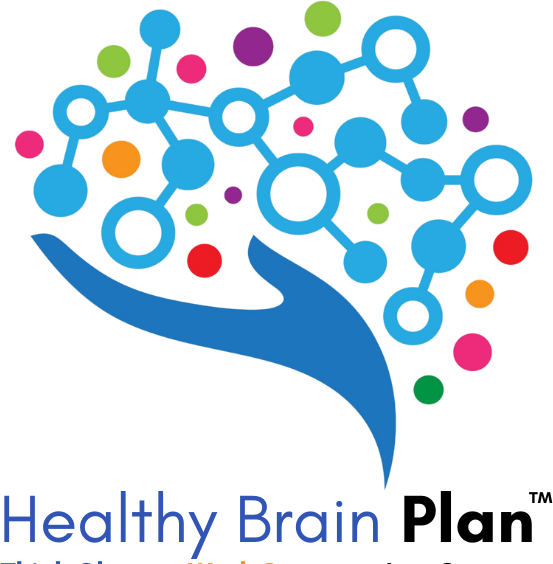Poor sleep affects brain health. Disrupted sleep is linked to brain thinning in regions vulnerable to Alzheimer’s, even before symptoms appear. This may be especially true for women. 💤🧬
Published In: Alzheimer’s & Dementia
Date: July 2025
Authors: Stankeviciute, et al.
Link to Study: https://doi.org/10.1002/alz.70353
Summary
This study investigated how objectively measured sleep patterns relate to brain structure in older adults without cognitive problems. It found that poor sleep quality, such as lower efficiency and more fragmented sleep, was associated with thinning in brain areas sensitive to Alzheimer’s disease (AD), regardless of AD biomarkers like amyloid or tau. Notably, women showed a stronger link between poor sleep and brain thinning, suggesting they may be more vulnerable to sleep-related brain changes.
Key Takeaways
✅ Poor sleep (low efficiency, more waking during the night) was linked to thinner brain regions associated with memory and early Alzheimer’s.
✅ These changes occurred even in people without amyloid or tau buildup, suggesting sleep affects the brain independently.
✅ Women were more affected than men by the negative brain impacts of poor sleep.
✅ Findings highlight sleep as a modifiable lifestyle factor that could support brain health.
✅ Addressing sleep issues may help preserve brain structure and delay neurodegeneration.
Why It Matters for You
Improving your sleep habits, like sticking to a regular schedule and limiting nighttime disruptions, could protect your brain, especially if you’re in your 50s or 60s. This is particularly important for women, who may be more sensitive to the brain effects of poor sleep.
Citation
Stankeviciute, L., et al. (2025). Associations between objective sleep metrics and brain structure in cognitively unimpaired adults: interactions with sex and Alzheimer’s biomarkers. Alzheimer’s & Dementia, 21, e70353. https://alz-journals.onlinelibrary.wiley.com/doi/10.1002/alz.70353
